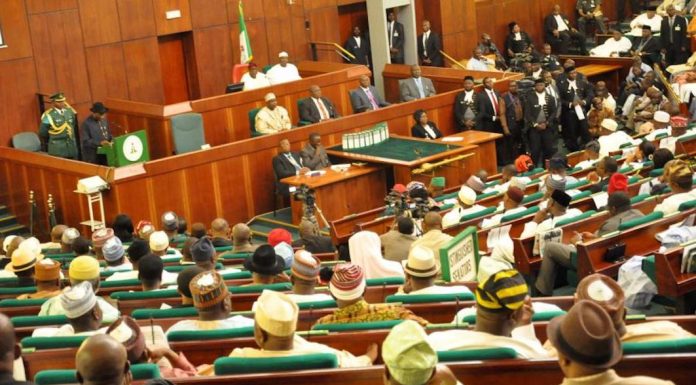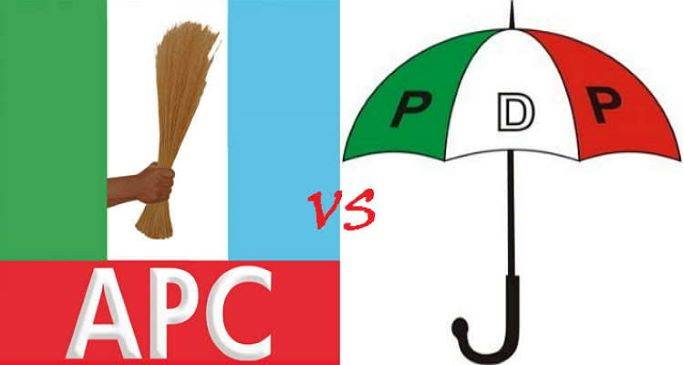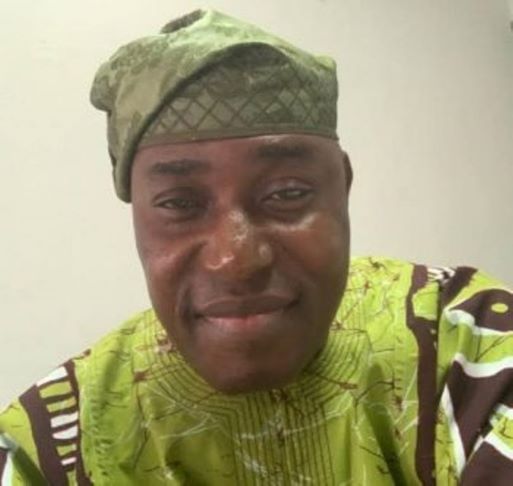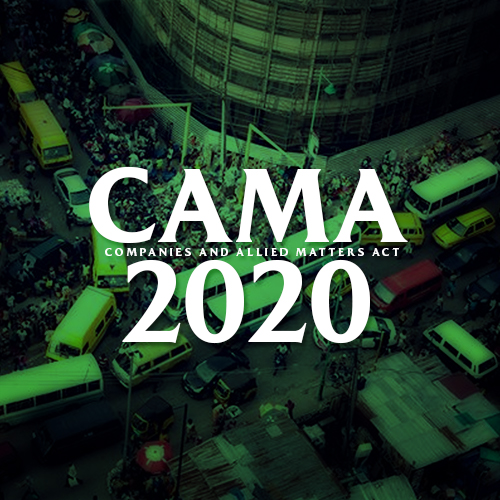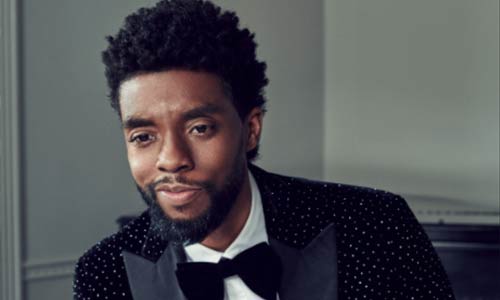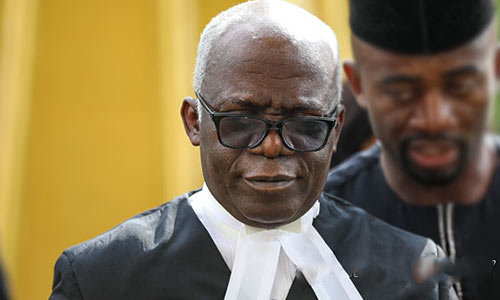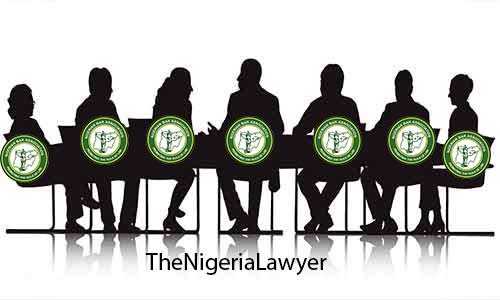After reading “Edo State and the Gathering Storm (1)” written by Dr. Dakuku Peterside and published in the Leadership Newspaper on August 24, 2020, I wondered if the immediate past Managing Director of NIMASA and APC chieftain in Rivers State was merely signing on to opinions expressed by interested third parties in the forthcoming Edo State governorship election or he indeed is one of the fifth columnists within the APC, who for extraneous reasons other than the good of Edo people, are bent on gifting to PDP, the South South State, won by APC in 2016 and with the level of preparedness, on course to be won convincingly again by the party at the polls in 2020.
The present volatile political climate in Edo State, was engendered well before the race for the 2020 governorship election started. It actually began on June 17, 2019 when on the orders of Governor Godwin Obaseki , his deputy Philip Shaibu spearheaded the kidnap of some members- elect of the state House of Assembly, and caused Nine of them out of the Twenty- four member assembly to be inaugurated almost at midnight.
The next day, June 18, 2019, thugs mobilised on the orders of Governor Godwin Obaseki, and accompanied by his Chief Security Officer, a policeman, attacked Seventeen members-elect who had gathered at the Golden Tulip hotel in Benin City, to give a press conference on the illegal midnight inauguration of nine of their colleagues. They were all molested in broad daylight and some of them were so beaten up that they ended up being hospitalised.
Since then, Edo State has technically become a lawless entity not governed according to the laws of the Federal Republic of Nigeria.
Essentially, Godwin Obaseki has become a dictator and his deputy, Philip Shaibu the unapologetic, intractable chief executioner. Several efforts to mediate in the crisis rocking the state have been rebuffed by an obstinate governor Obaseki, who has consistently and openly boasted that the constitutional provision which grants him and his deputy immunity from prosecution while in office, means that they have the powers to do and undo, including the use of coercion and violence to impose themselves in office for a second tenure. This is the crux of the matter in Edo State. This and nothing else, is the reason, despite the intervention of concerned individuals across the country, including traditional rulers, the national assembly, the APC leadership etc, Godwin Obaseki has refused to heed the voice of reason. The situation was exacerbated when he failed the screening process of the APC and subsequently decamped to the PDP where he secured the party’s ticket as their flag bearer for the September 19, 2020 governorship race in the state.
Suffice to say that since joining PDP, he has practically extricated Edo State from the commonwealth of states answerable to the superior authority of the federal government of Nigeria, compromised institutions of government, manipulates the activities of the three tiers of government domiciled in the state, and emasculated the three arms of the state government to capitulate to his despotic imperial authority.
As of today, governor Godwin Obaseki has refused to recognise nineteen duly inaugurated members of Edo State House of Assembly, instead he runs the state with a five members renegade Assembly that sits in the premises of the Edo State Government House. Four out of eighteen elected Local government chairmen have been illegally removed from office and replaced with appointed chairmen because they refused to endorse Godwin Obaseki and his deputy Philip Shaibu for a second tenure in office. Eighty-four out of the One hundred and ninety-two elected Councillors in the state were removed from office in one sweep, because they refused to endorse him for a second tenure and replaced with unelected minions of the governor. All these atrocious trampling on the Constitution of the Federal Republic of Nigeria were effected with the use of merciless thugs, who are ready at any time and willing to maim or kill once the order is given.
In Edo state today, you cannot move around without watching your back, if you are not PDP or have not endorsed Godwin Obaseki for a second tenure. Going around the State, one would think that nobody is contesting against Godwin Obaseki and Philip Shaibu. Only their billboards and posters are everywhere, because just as they recruited young men to install their billboards and paste their posters, they also recruited thugs whose only assignment is to transverse the state, destroying the billboards of the APC candidates and burning their posters.
The level of thuggery, impunity and government sponsored gangsterism is unprecedented since the return to democracy in 1999, which has prompted no less a political personality as Chief Bola Ahmed Tinubu to denounce the government of Godwin Obaseki as reminiscent of the darkest days of military dictatorship in Nigeria.
There is virtually no campaign rally held by the APC candidate, especially in Edo North, that has not witnessed unprovoked attacks by thugs loyal to and acting on the orders of Philip Shaibu, the Edo state deputy governor. The incidents are so prevalent that many now go unreported because they are carried out by the same set of persons who have been reported severally to the security agencies, yet they are still going around perpetuating he same crimes without consequences.
Once these attacks are carried out, the deputy governor compels reporters of various media organisations attached to his office to submit for publication, reports written by his press secretary, suggesting that it is APC supporters that attacked PDP supporters, even when the reporters are aware of what actually transpired. A case in point here is the invasion of Apana Community by thugs in the presence of the governor, his deputy and other members of their entourage. The atrocities were also witnessed by security personnel of the various agencies who were part of the governor’s convoy.
An attempt by the Police Area Commander, of the Auchi Area Command, a woman, to record the riotous vandalisation of properties and indiscriminate shooting of persons believed to be sympathetic to APC by the PDP thugs, was prevented by the deputy governor, who forcefully took her personal mobile phone away from her. The people of Apana Community have since written a petition to the Edo State Commissioner of Police, the Assistant Inspector General of Police Zone 5 and the Director of the Department of State Security, Benin City. Yet, no arrests have been made till now, despite the fact that the identities of the perpetrators were included in the petitions. Does this in any way indicate the use of federal might as was suggested by Dr. Peterside in his article? The violence in Edo State is one sided, because it is being sponsored by the government of Edo State against opponents who have refused to support the second tenure bid of the governor and his deputy.
How well does Dr. Peterside know Edo State Deputy Governor Philip Shaibu and the latter’s propensity to violence for him to dismiss the allegations against him as childish? Is it not curious that barely two days after the plot was exposed, Philip Shaibu indeed presented on national television, images of a purported attack on the convoy of an unnamed PDP leader, which prompted Seun Akinbaloye, the dexterous, no-nonsense, anchor of Channels TV “Politics Today” to question such a coincidence?
It is unfortunate therefore, that while Peterside made cognitive reference to the incidents that happened at the Oba Palace in Benin, the invasion of Apana Community and the government sponsored vandalisation of the Edo State House of Assembly complex, he refrained from apportioning the blame appropriately where it belongs.
The reality is that there is neither balance of power nor is there a balance of terror is what is playing out in Edo state. The federal government has not in any way exercised its might despite the blatant abuse of powers by the Edo state governor and his deputy. So there is no justification whatsoever for the assertion that ” The federal might of the ruling APC valiantly tests itself against the local prowess of the PDP” On the contrary, it is the PDP that has demonstrated its assumed local prowess to test and challenge the might of the ruling APC, despite the non interference by federal authorities in the glaring excesses of Godwin Obaseki and Philip Shaibu.
Peterside is right to suggest that PDP counts on local thugs who are dangerous and do not put much premium to the sanctity of both their lives and the lives of anyone who stands in their way. But there is nothing to suggest that any form of cooperation and connivance exists between the APC and the law enforcement agencies. If there was such cooperation, the perpetrators of the invasion of Apana and many other heinous crimes, whose names have since been forwarded to the law enforcement agencies, would not be walking free and still terrorising innocent citizens.
To declare as childish, without evidence to suggest that he conducted any personal investigation or rely on the result of any investigations of the allegation that the Edo State Deputy Governor Philip Shaibu was hatching a plan to stage an attack on his own convoy and blame it on APC, Peterside betrayed where his loyalty really lies and that is quite unfortunate. What is childish by all standards, is the continuous efforts by Philip Shaibu to prevent Comrade Adams Oshiomhole from accompanying Pastor Osagie Ize-Iyamu on the campaign trail, through unfounded, baseless accusations that Oshiomhole is arming thugs to perpetuate violence.
The truth is that the energised crowds of APC supporters that throng every campaign rally where Comrade Oshiomhole makes appearance for Pastor Osagie Ize-Iyamu has become an embarrassment to Godwin Obaseki and his tactless South South conspirators within the APC, who had sold a false narrative to party leaders in Abuja that Oshiomhole’s influence was waning in Edo State. This is the reason why Philip Shaibu is merchandising falsehoods against Comrade Adams Oshiomhole, with the hope that somehow, by hook or crook, they may be able to get Comrade off the campaign trail.
The conspiracy goes far beyond Edo State, to include those who have suggested that Comrade Adams Oshiomhole is campaigning as if he is on the ballot. What they fail to acknowledge, is the fact that it was Godwin Obaseki and his team that tried to make this election about Adams Oshiomhole, by floating the godfatherism narrative. What they did not bargain for was the depth of love Edo people have for Comrade Adams Oshiomhole.
The strategy backfired and with their overwhelming support for Pastor Osagie Ize-Iyamu’s candidacy, Edo people have signified that they either did not buy into the whole godfatherism narrative or if they did, they would rather have Comrade Adams Oshiomhole, an Edo man, who they know governed them well for 8 years and who they trust, than have Nyesom Wike lord over them as godfather to replicate in our state, the vicious reign of terror he introduced in Rivers State.
Hopefully Edo will not be Rivers and the predictions of Edo State being “littered with tears and blood in the wee hours of September 19, 2020” are a revelation of some sinister plans which Dakuku Peterside may be privy to and which he should divulge to security agencies.
If Peterside’s concerns were altruistic and his wish is for the will of Edo people to prevail, he should be more forthcoming about the outside influences that seek to manipulate the election process in Edo State. It is counterproductive, perhaps mischievous, to scare Edo voters with doomsday predictions without concrete information to help them prepare ahead. Peterside could do more, as a witness to the several incidents of blood letting on the streets of Rivers State towns and villages, to warn Edo people on how to avoid his ominous predictions, especially when the onslaught on Edo people is very likely to be led by Nyesom Wike, once his ally and now a foe, whom he has fought beside and against on several occasions.
Also worrisome is the fact that Peterside was so gracious towards Nyesom Wike in his analysis of the Edo election. Could there be some form of cooperation between the warlords of Rivers State to bring Edo State under their control? Or has desperation forced Obaseki to sign a multiparty MOU with the contending political forces in Rivers State?
This is not unimaginable because there is a real and imminent threat of the importation of militants from the Niger Delta region to mar the Edo state elections, and where else if not from Rivers State could such dangerous elements be sourced.
If indeed Peterside wished to offer an unbiased commentatary on the Edo State 2020 campaigns, he would have at least acknowledged the fact that the APC candidate Pastor Osagie Ize-Iyamu has been consistent in marketing “The Simple Agenda” manifesto to the Edo electorate. There is no single evidence of a campaign stop, where Pastor Osagie Ize-Iyamu has engaged in negative campaigns.
The limit of his denunciation has never gone beyond a constructive critique of Godwin Obaseki’s poor performance in office as governor. He has displayed an uncommon maturity, perhaps because of his Pentecostal disposition, by restraining himself from venturing into the personal, private foibles of his opponent, Godwin Obaseki, which unquestionably are legion.
On the contrary, the PDP campaign strategy is replete with negativity. This has even prompted an online commentator to jokingly, but accurately posit that PDP MEGA campaign rallies is nothing other than 25 minutes insults on Comrade Adams Oshiomhole, 25 minutes on what Oshiomhole said about Ize-Iyamu, 20 minutes insults on Pastor Osagie Ize-Iyamu, 15 minutes of dancing and the rally is over. The governor has boasted severally on camera that he will deal with anyone who does not agree with his style of governance.
He told his supporters on camera to return violence for violence. On national television, he boasted that he alone and his deputy have immunity and therefore they have the capacity and will to deal with anyone no matter how highly placed. Do we really need further evidence to know who is offering backing to the thugs responsible for the spate of violence in the state?
Comrade Adams Oshiomhole is a veteran in campaigns and electioneering. There is no record of violence in any elections he has ever been involved in. As a unionist and politician, he has won several high profile elections without violence. He campaigned for and delivered victory for Godwin Obaseki in 2016 without violence.
He campaigned for and delivered victory without violence for President Buhari’s reelection in 2019. Why would anyone imagine that he could resort to violence for the first time ever, in an election where he is not on the ballot and where his preferred candidate has worked very hard and well positioned to win at the polls?.
These are the issues that should influence any honest assessment of the events playing out in Edo state, not some arrant falsehoods maliciously coated in academic postulations and cunningly introduced into the public domain, capitalising on some previously acquired credibility.
In the final analysis, the 2020 governorship election in Edo State is an epic battle between APC and PDP, not a contest of personalities. It therefore behoves on those who advocate a lesser role for persons on the campaign trail, to be proactive themselves and stand up to speak for the party which they belong, the party on whose platform they acquired the audacity to be heard. Anything short of this is a confirmation of their roles as fifth columnists working from within, to weaken the APC ahead of the 2023 presidential election.
▪︎Victor Oshioke writes from Benin City.

